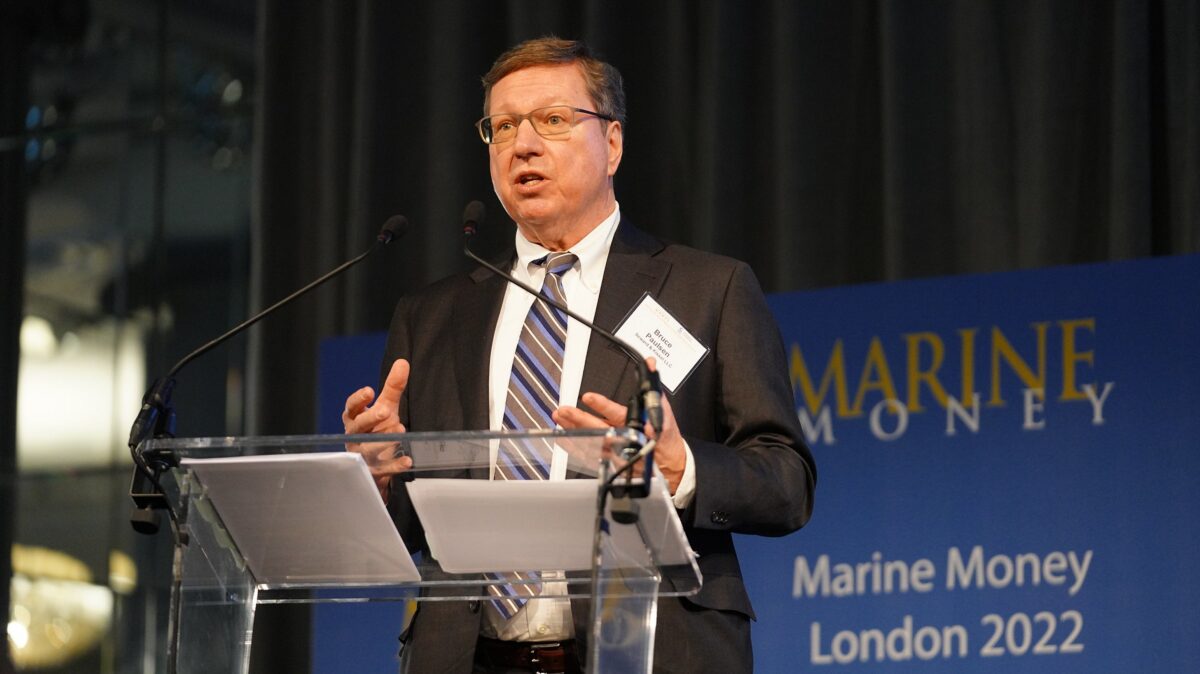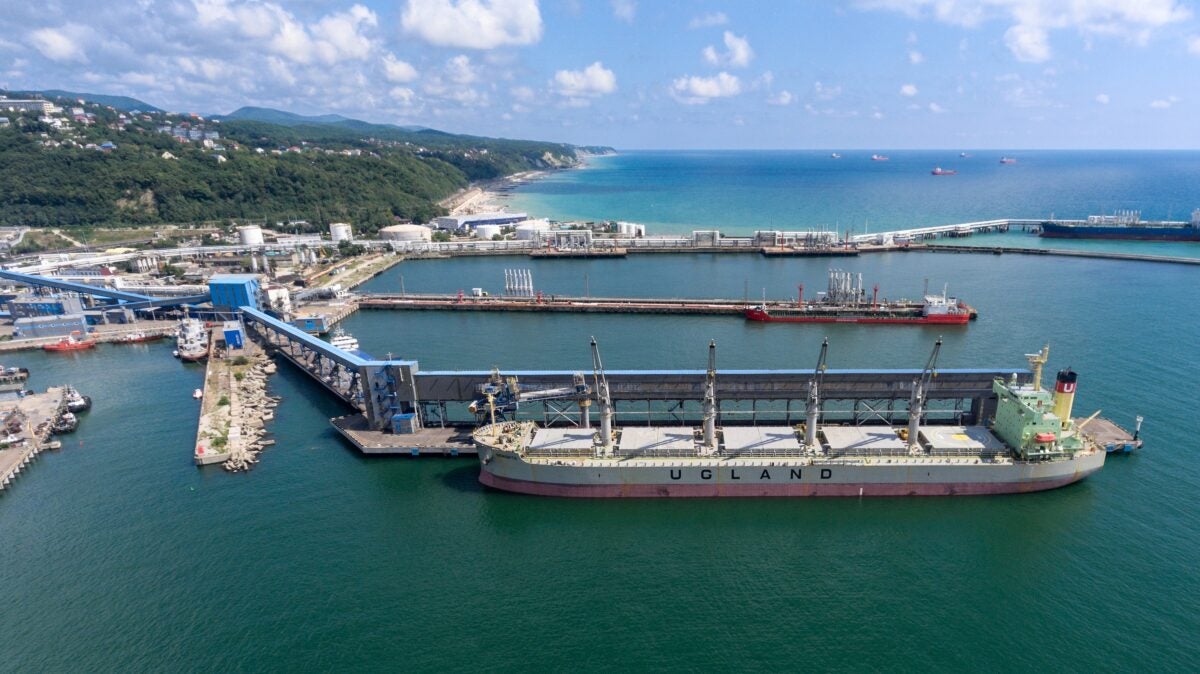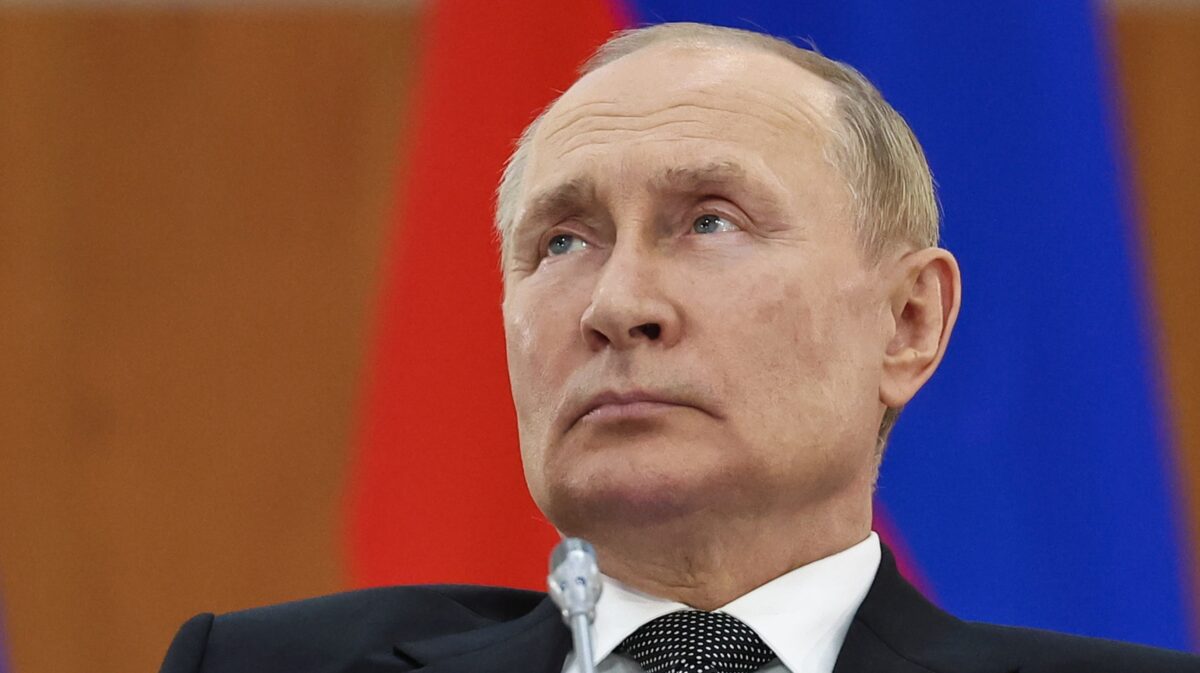They say you can’t have your cake and eat it too. The G7 countries, led by the U.S., think they can. They want to keep Russian crude oil and refined products exports flowing so that fuel prices in their own countries don’t skyrocket, and they want to simultaneously slash Russia’s profits from its own exports.
Tanker shipping buy-in will be pivotal to success or failure. The G7 plan would cap the price of Russian exports and levy sanctions against companies that transport Russian petroleum priced over the cap. Even if Russia is willing to sell its exports at or below a price capped by its geopolitical opponents — a big if — the plan won’t work unless enough tanker owners participate.
Time is short. The price cap goes into effect Dec. 5. Tanker owners are already negotiating cargoes for October loadings. The preliminary guidance released Friday by the Office of Foreign Assets Control (OFAC) — the U.S. agency that enforces sanctions — was light on details.
The stakes are high. If the G7 plan backfires, global markets will have less crude and diesel, fuel prices will rise and available tanker cargoes will decline.
“Right now, shipping companies around the world are looking at this and scratching their heads,” said Bruce Paulsen, a sanctions expert and partner at Seward & Kissel, a leading maritime law firm. “It’s unclear from the preliminary announcement how all this is going to work,” he said in an interview with American Shipper.
“Governments are going to have to hustle to erect the [plan] structure globally and the tanker industry is going to have to get up to speed very quickly. Otherwise, I think there is a very real risk” of Russian energy exports falling.
New document trail
The G7 and other countries joining the coalition would set the cap prices. To transport crude from Russia after Dec. 5 or products after Feb. 5, 2023, a cargo shipper would have to provide a written attestation to maritime service providers, assuring them that the oil cargo is being sold at a price at or below the cap.

Presumably, the cargo shipper would provide such attestations to the shipbroker and the ship operator, and service providers to ship operators, such as insurance providers, would obtain written assurances from ship operator clients that vessels are not moving cargo priced over the cap.
“Everybody’s going to want to be safe,” said Paulsen.
“Maybe there’s going to be a whole new set of shipping documents here. There’s also the question of what’s going to happen as far as disclosure requirements up the line from the shipowner. Are the lenders going to need reps and warranties that any Russian seaborn cargo is below the cap?”
Due diligence also required
OFAC stressed: “Service providers for seaborne Russian oil will not face an OFAC sanctions enforcement action, provided [they] obtain certain documentation or attestations.”
Sounds clear. But elsewhere in the same OFAC guidance, there’s a conflicting statement: Record-keeping and attestations are “in addition to standard due diligence … for sanctions risk, including the risk of violation … through evasion.”
OFAC listed standard red flags for evasion, including ship-to-ship transfers and “unusually inflated payment terms” — i.e., the ship operator is getting a lot more than usual to move a cargo.
“In the world of sanctions, you really have to know your counterparty,” said Paulsen. “OFAC does not look kindly at shipping players who are sloppy about knowing their customers.
“In terms of favorable payment terms, risky business always pays. That’s why people want to do it. If you get 1.5 times the usual freight, OK, that is a red flag. You really have to dig down and do your due diligence and see if it’s permissible. You had better do the spade work on who you’re doing business with and what they’re putting aboard your ship.”
In other words, for tankers to move cargo under the G7 price-cap plan, they will not only need to follow a new attestation documentation protocol, they will also need to do their own investigations.
“I think the due diligence for this type of cargo is going to be substantial,” warned Paulsen.
Self-sanctioning
According to Lloyd’s List, half of Russian oil exports are being carried by private Greek shipowners. Many other tanker owners intentionally avoid the trade. They “self-sanction.”
There’s nothing illegal about transporting Russian crude and products. Rate income is high. The world needs Russian energy. Even Russia’s adversaries want these cargoes to move. Yet many tanker owners won’t load them because they don’t want to be seen by investors or others as a facilitator of the enormous profits being reaped by the government of Russian President Vladmir Putin.

Could the price-cap plan bring some self-sanctioning owners back into the fold? After all, if they’re moving oil under the cap, they’re providing energy to the world while participating in a plan that reduces money flows to Putin.
Paulsen is skeptical. “For those that have self-sanctioned, they may think: OK, it may be permissible, but am I still going to have the finger pointed at me by my shareholders or whoever, because I’m carrying Russian oil or making Putin rich, even though it’s under the [sanctions] exception and I’ve got all my paperwork showing that we are at or below the cap?
“It’s going to be a tough call, particularly for the bigger players and public companies. They may be smeared no matter what, even if they are doing the right thing by providing the world with energy, doing it at or below the cap, and doing all their homework.
“So, I think there are a lot of owners who are not going to want to touch this. They will continue to self-sanction. Particularly at the beginning. This is going to take some time and some thinking to get it right.”
OFAC’s ‘tradition of vagueness’
Tanker owners can opt to load cargoes elsewhere and avoid the complications of the Russian trade. Non-Russian cargoes promise less paperwork, less due diligence and less reputational risk. There’s also another negative to participating in the G7 plan: long-standing shipowner uncertainty over OFAC enforcement.
The whole point of the G7 plan is to keep Russian volumes flowing while simultaneously reducing Russian income. The best way to keep volumes flowing is for sanctions risk to be crystal clear. Historically, however, OFAC has a reputation of being intentionally unclear.
“Clarity would be a good thing, but OFAC’s stock in trade is ambiguity,” said Paulsen. “Ambiguity keeps people on their toes and prevents people from taking risks,” he said, citing “OFAC’s tradition of vagueness.”
“[In the past], when OFAC used terms like ‘substantial transaction,’ one former head of OFAC said at a conference, in public, that a substantial transaction is whatever the head of OFAC says it is. I think that policy is still present here. What is the proper attestation? They want people to be worried. At the same time, there’s a difference here, because they want people trading under the cap.
“Sanctions are a blunt instrument and [with the G7 plan] they are very much trying to thread the needle. There’s a desire to permit trading under the cap. At the same time, there’s a desire to not have people cheat. These countervailing policy incentives make threading the needle very tough to do in a sensible way.”
Geopolitical risks
The G7 plan could still work despite these challenges. Private tanker owners that currently carry Russian exports and don’t shy away from risk could accept added compliance complexity, given highly profitable rates, assuming their insurance providers and all their other service partners approve — and all parties in both the public and private sectors move fast enough to meet the looming deadline.

But this assumes Russia will sell exports at or below a G7-imposed cap. Putin has said of the countries participating in the plan: “We will not supply gas, oil, coal or fuel oil. We will not supply anything. This is another stupidity, another nonmarket decision that has no prospects.”
If Russia halts all exports to nations participating in the G7 cap, Russian oil would have to be carried by Russian ships or the so-called “shadow fleet,” older tankers with obscured ownership that currently move sanctioned Venezuelan and Iranian crude and operate outside of Western insurance and financial spheres.
As previously reported by American Shipper, there are not enough of these shadow tankers to maintain current Russian crude exports, and far too few to maintain Russian diesel exports.
Putin’s stance also raises the possibility of fresh geopolitical fallout if the U.S. imposes sanctions against non-U.S. companies involved in noncapped trade. OFAC guidance specifically listed foreign refiners as potential targets.
What if Russia only exported to nations that did not participate in the G7 plan and OFAC obtained evidence that a major Chinese or Indian refiner violated the sanctions policy? “If you are the U.S. government, what are you going to do about that?” said Paulsen. “That becomes a political issue.”
Click for more articles by Greg Miller
Related articles:
- LNG shipping rates top $100,000/day, oil tanker rates still rising
- Tankers could profit if US restricts gasoline and diesel exports
- Will energy transition lead to boom or bust for crude tankers?
- War effect on crude trade: Long-lasting and just beginning
- How new EU sanctions on Russia will shake up global energy trade
- Tankers carrying diesel and gasoline rake in cash amid pain at the pump
- Russia tanker business is alive and well. Oil exports ‘remain strong’







